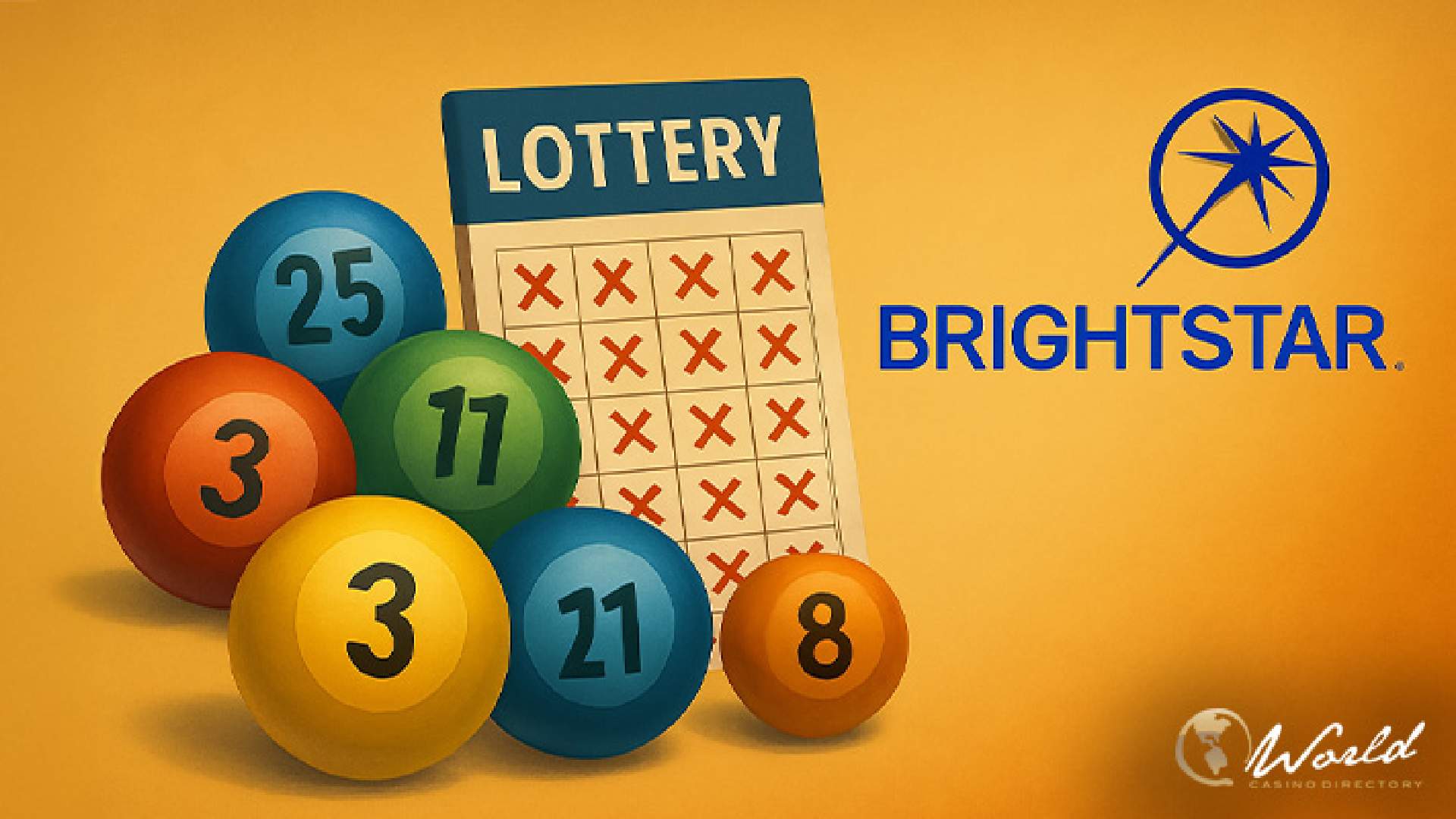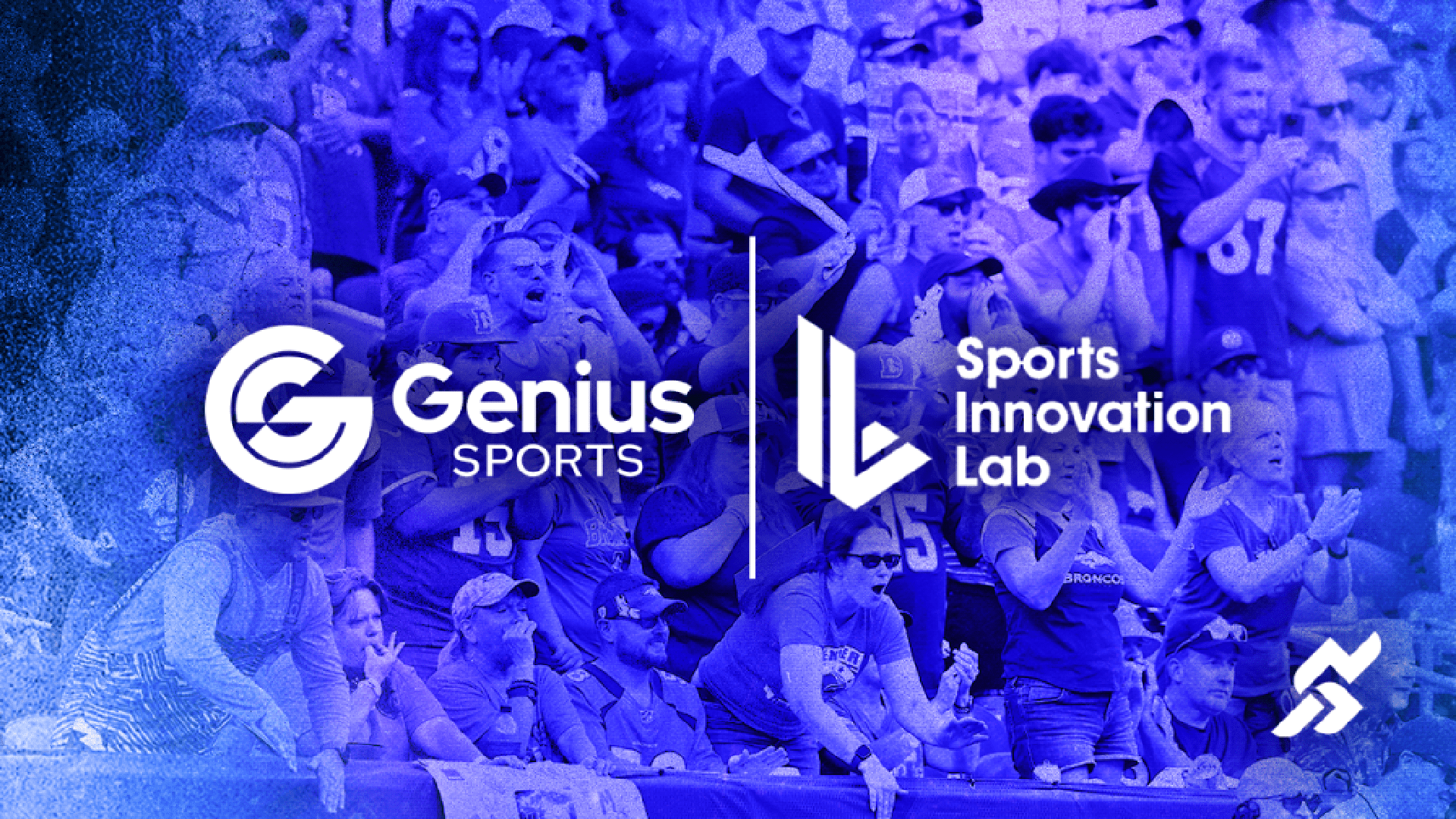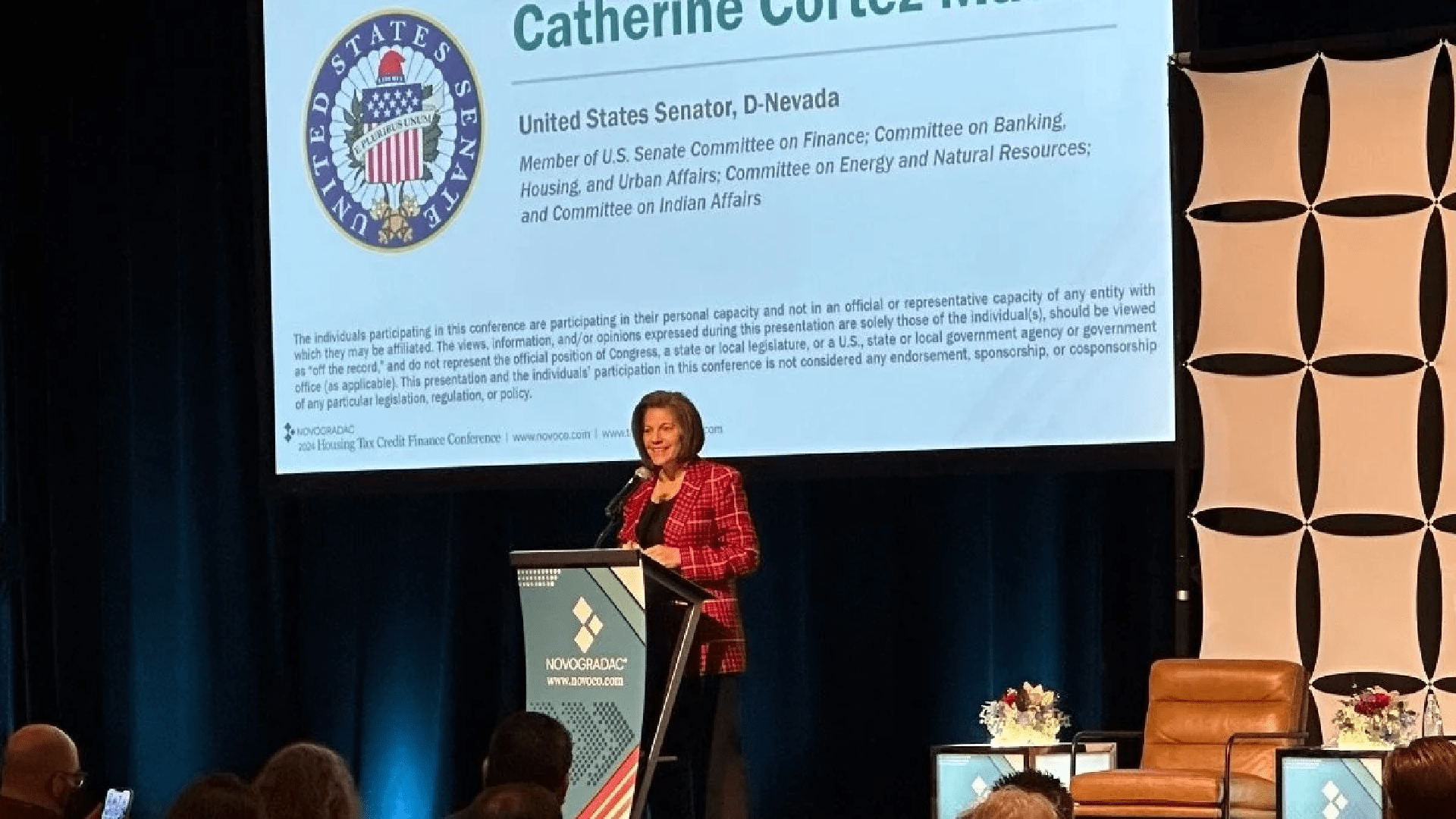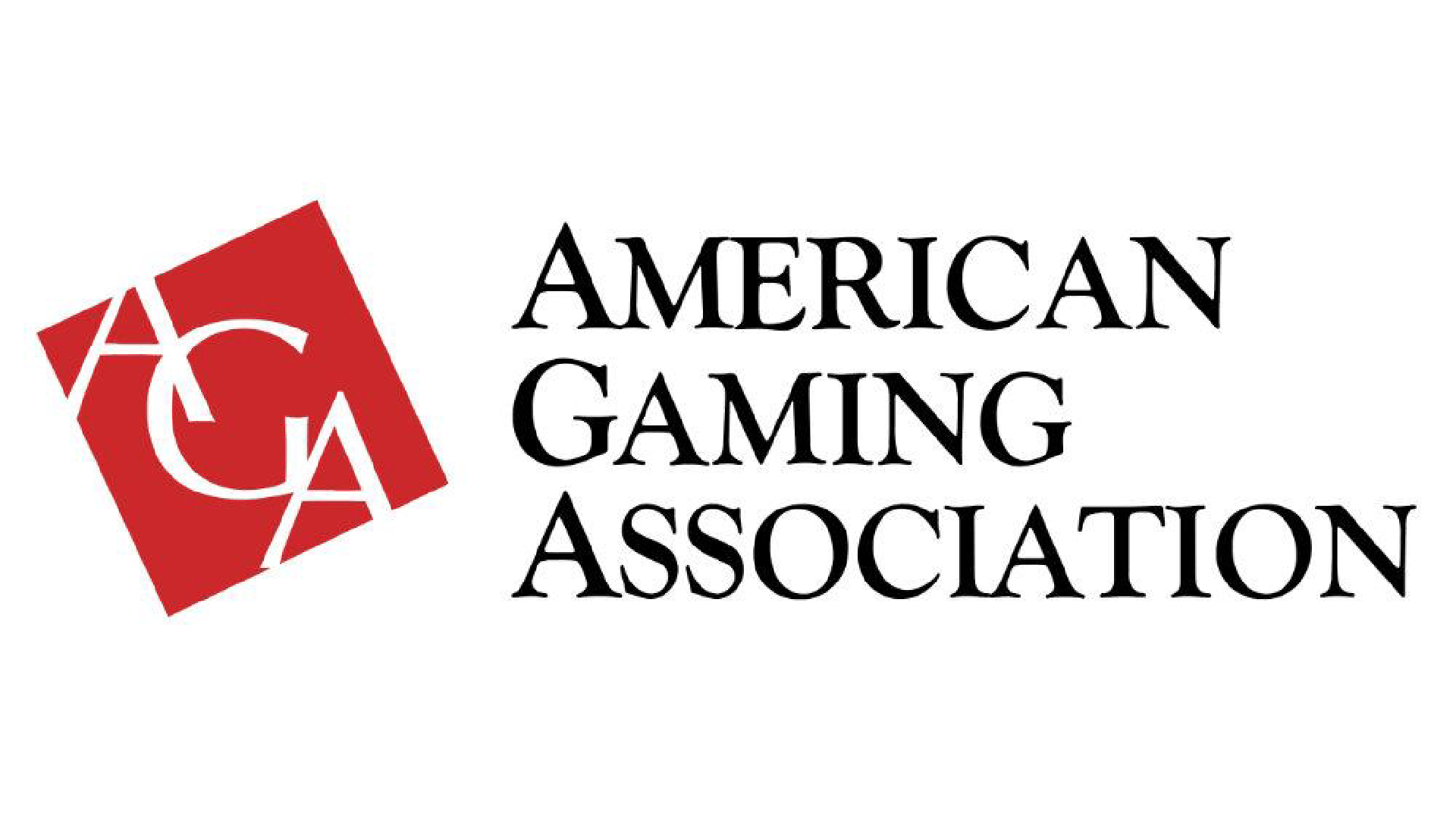Maryland iGaming Opposed By Most State Residents: Poll
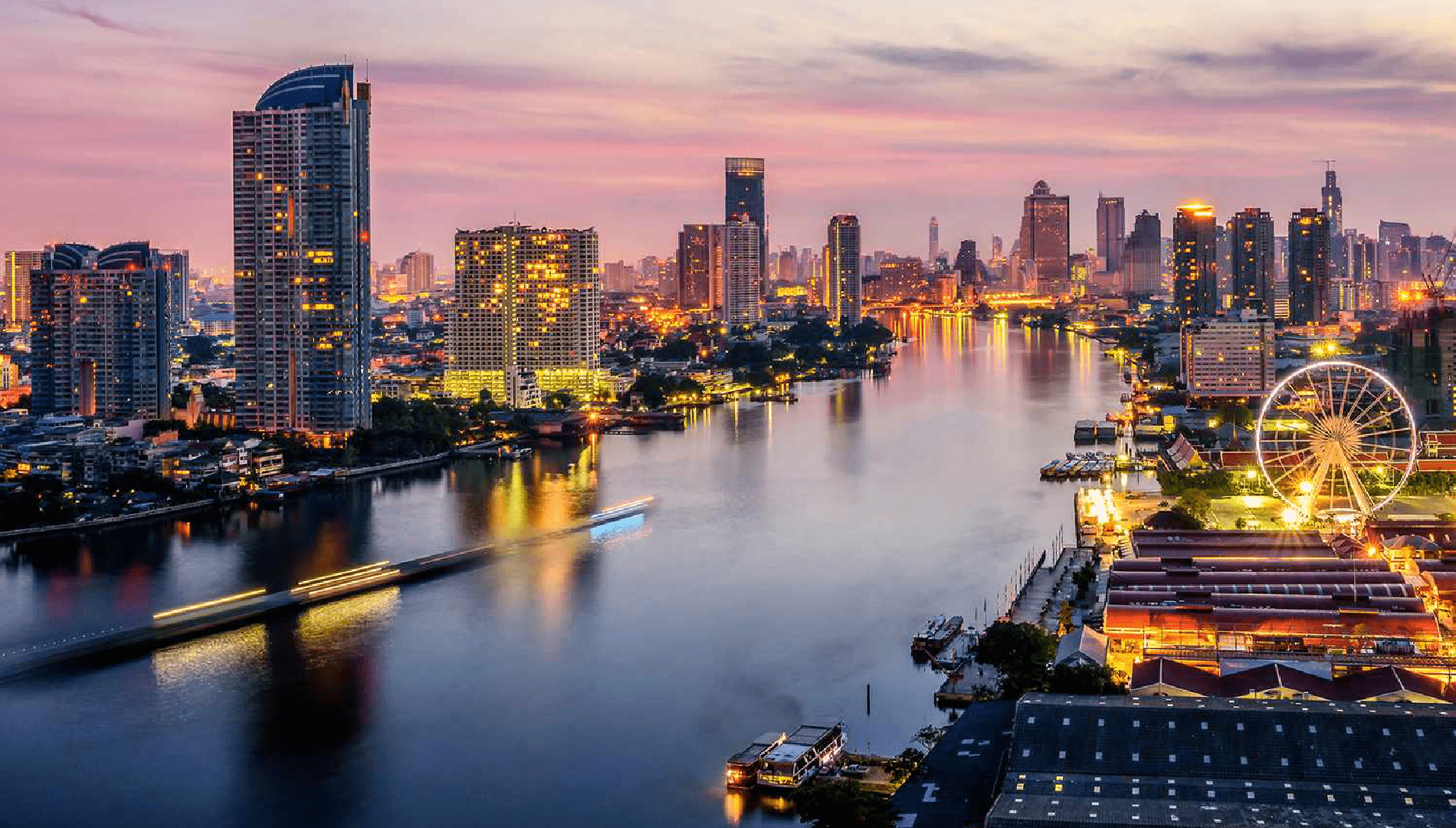
There is not enough support, according to a recent survey conducted on behalf of a group opposed to online casino gaming in Maryland, for a ballot vote permitting iGaming to pass this November.
In Annapolis, the Maryland Retailers Alliance (MRA) advocates to legislators on behalf of retail establishments.
The group predicts that play at physical casinos would be supplanted by internet slot machines and 24/7 interactive table games, or iGaming. Retail establishments that surround the state's six commercial casino sites would suffer, according to MRA officials.
MRA hired Raleigh-based Public Policy Polling as their public policy polling agency. PPP claims to have polled Marylanders to find out if they would be in favor of online casino gaming being available in their homes.
Polling revealed that most respondents are against this kind of legislation.
Survey Light on Specifics
The number of Marylanders questioned about iGaming in the PPP survey commissioned by the MRA was not disclosed. The press release regarding the investigation omitted information regarding the likely voting status of the respondents, their party affiliation, age, income bracket, gender, and ethnicity.
Still, according to Public Policy Polling, 64% of Marylanders oppose online gambling. Only 23% of respondents to the study stated they were in favor of online casinos, and 13% said they weren't sure.
The query on the poll said:
“Maryland politicians are considering internet gambling legislation, which would allow 24-hour access to slot machines and casino gambling on your mobile devices. Would you support or oppose expanding gambling in Maryland to allow internet gambling, sometimes called iGaming or iLottery, on your phone or computer?”
PPP said the findings have a margin of error of +/4.1%. Despite scant details on the polling set, MRA President Cailey Locklair said the results demonstrate strong hostility to internet gambling.
"Marylanders in every region of the state, Republicans and Democrats alike, are united in their opposition of iGaming and iLottery,” Locklair said in a statement. “These policies would negatively impact not only the gaming and lottery industries but also every community that benefits from their local economic stimulation.”
According to Locklair, eight Main Street areas in Baltimore City and eleven Main Street localities in Maryland are all within 20 miles of Maryland's casinos.
"Every restaurant, retailer, and hotel that operates near these entertainment epicenters would be negatively impacted by a downturn in the casino industry, which would have a direct negative impact on the local tourism economy," Locklair said.
Way to Cast a Ballot
The General Assembly's two chambers of Maryland legislators are debating proposals related to internet gaming. There is currently no measure up for a full vote on the floor.
Legislators must first secure state voters' consent through a statewide ballot referendum before they may approve iGaming. This would need changing the Maryland Constitution to allow for internet gaming.
A constitutional amendment that is referred to the legislature by the state of Maryland needs to receive 60% of the votes in both houses, or 85 in the House of Delegates and 29 in the Senate. The governor must then sign the legislation.
The ballot referendum text must then appear once a week for four weeks prior to the election in at least two newspapers in each county, if at all possible.
On election day, the referendum just needs the approval of a simple majority of voters to change the constitution.


